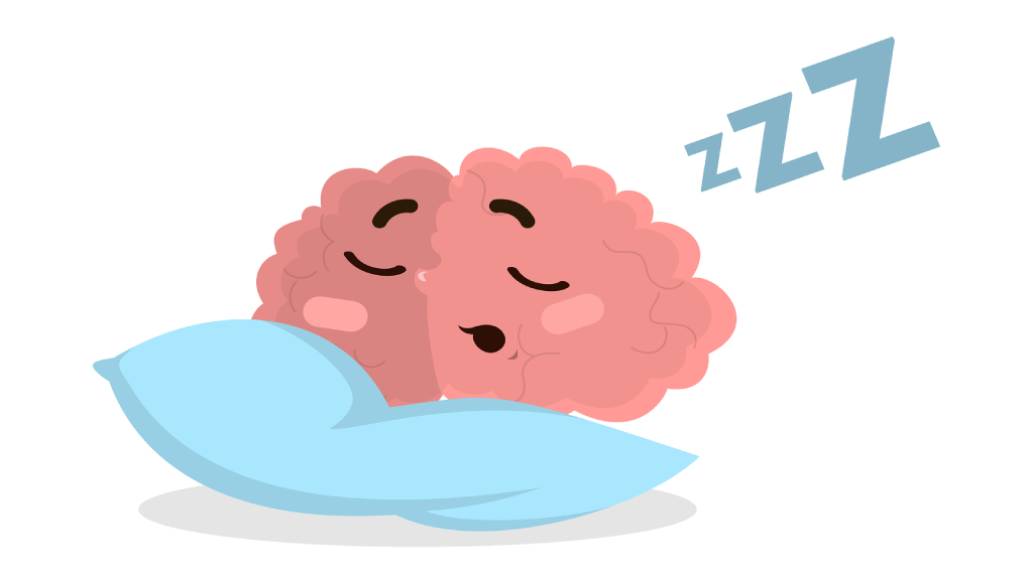What if you could offer your employees something that is guaranteed to improve their wellbeing? And what if that solution didn’t cost you a cent? Does this sound too good to be true?
An estimated 40% of adults don’t get enough sleep.
There is an abundance of research demonstrating the negative effects of poor sleep on health and wellbeing. Insufficient sleep weakens your immune system, and can contribute to depression and anxiety, obesity, diabetes and cancer.
Employers bear the cost of “presenteeism” from foggy-brained, sleep-deprived employees. In fact, Deloitte Access Economics has estimated the cost to employers is around $18 billion!
Forget expensive pills and powders. Sleep is the single most effective thing you can do to reset your brain and body.
Amazon founder Jeff Bezos said that his eight hours of sleep each night is good for his shareholders.
Research has shown that a full night’s sleep actually increases your brain power and enhances your problem-solving ability. In fact, researchers at Luebeck University in Germany found that while we sleep our brains are hard at work encoding and restructuring information, forming new neural connections. That’s right – while we sleep, our brains may actually be solving problems for us!
Sleep allows us to operate at our peak – so we can achieve more.
Luckily, those who burn the candle at both ends are not celebrated as much as they once were. Most high performers know that getting their full eight hours gives them a competitive advantage.
Consider developing initiatives at your workplace that explicitly encourage sleep. It’s not necessary to provide nap pods a la Google HQ, but, considering the benefits include increased creativity and productivity, encouraging your employees to adopt healthy sleep habits may well have a positive effect on your bottom line.
Here are some simple suggestions to get you thinking about how you can help employees achieve better sleep:
- Set a good example: Your work habits have a positive – or negative – effect on those who work under your leadership. If you email team members late in the evening, they will feel pressure to watch their email late into the night. Set an example by switching off your emails after hours – or at least putting a “Delivery Delay” on your emails!
- Promote wellness in your workforce: Lifestyle factors can impact sleep quality, so why not promote programs that reward workers for healthy choices – why not create a little friendly competition with 10K steps challenge!
- Catch some rays at lunchtime: Exposure to sunlight regulates our serotonin levels. Serotonin is the feel-good hormone and it plays a role in the modulation of sleep. Encourage your team to get outside during their breaks. A well-designed office space that allows plenty of natural light to enter the workspace is also great for mental wellbeing. We have a balcony at our office so we can enjoy lunch in the fresh air and sunshine.
- Move it! As any parent of a young child knows, daily exercise burns up energy and makes sleep easier. The same applies for grown up bodies too. Make it easier for your team to get some exercise each day by providing time to get active over the lunch hour or during work time.
- Keep stress under control: Stress levels and sleep quality are very closely linked. If an employee isn’t sleeping well at night, the cause may well be work stress. Help employees manage stress levels by ensuring their workload is appropriate and that they get regular breaks throughout the day. Discourage your team from taking work home with them so that they can switch off and rejuvenate at the end of each day.



